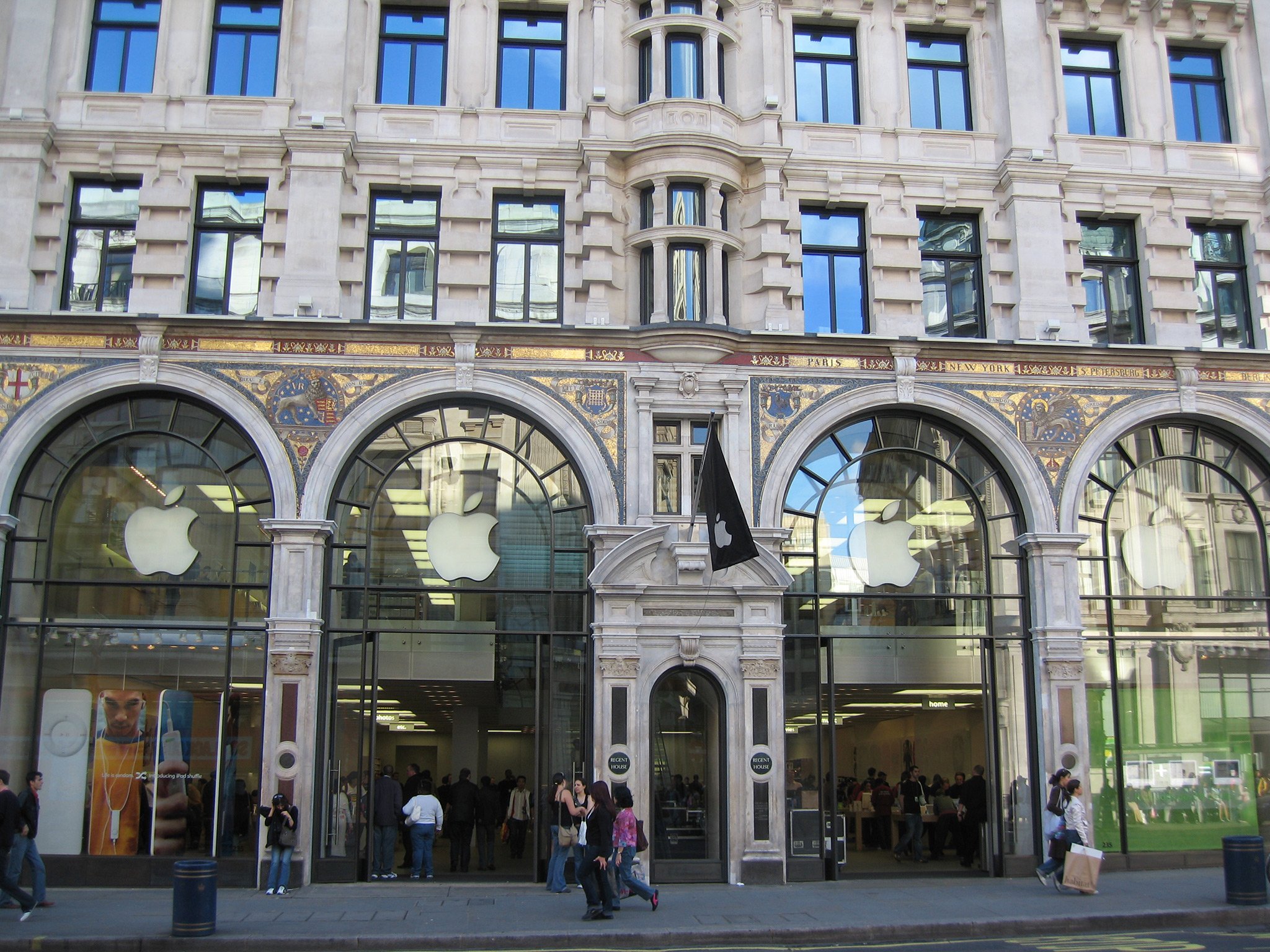Radio Shack, Apple and the ever-changing face of retail

iMore offers spot-on advice and guidance from our team of experts, with decades of Apple device experience to lean on. Learn more with iMore!
You are now subscribed
Your newsletter sign-up was successful
Reports indicate that Radio Shack, that venerable retail electronics store chain, will soon file for bankruptcy protection. Amazon and Sprint are reportedly interested in acquiring some of the retail locations for their own purposes. It's a sad footnote to a company that holds a dear place in my heart. Meanwhile, Apple retail stores pull in record earnings per square foot. It's an interesting juxtaposition.
As a teenage computer nerd in the 1980s, Radio Shack was one of the few retail jobs I could get that didn't bore me to tears. I worked there selling computers, stereo equipment, electronic parts, but mostly giving away batteries to elderly patrons who came in with a card that entitled them to one free battery a month.
Things have changed over the years. While I worked there, Radio Shack still had a business that catered to electronics and computer hobbyists, both of which were still really niche markets. The front of the store showcased ready-made electronics like home and portable stereo equipment, radio controlled toys and other gadgets that might appeal to gift shoppers, families and others with some disposable income.
Radio Shack really never found a footing in today's changing retail landscape, trying several times (through an ever-revolving door of C-level executives) to reinvent itself, rebranding as RadioShack and then just "The Shack," as a general-purpose electronics repair business and cell phone store, but nothing ever took. Rumors of the company's bankruptcy aren't new, but the latest round of headlines certainly adds a concrete finality that hasn't been there before.
In the early oughts Apple began to open its own retail business and found immediate success. The company was able to do so because it has a product that people wanted and was able to carefully pick and choose new locations out of whole cloth, instead of having to support a sagging, bloated and over-extended existing retail structure.
These days, the role of electronics in consumers' lives is very different than it was in Radio Shack's heyday. Computers have gone from hobbyist curiosities and "the next big thing" to a necessary tool for most of us to communicate and do business. We depend on our phones, tablets and other devices to keep us connected to one another and to the world at large. We've come to think of access to the Internet as more of a fundamental need than just something that's nice to have. And that's been within the space of about a decade, much less time than the generational shift other major changes in technology have caused.
I work in an Apple specialist computer store, and we're often asked why Apple doesn't have an "official" store in our area (the closest is almost an hour away). Of course, we're not privy to Apple's internal decisions, but Apple makes no secret that it's very judicious about where it opens stores — making sure the retail locations it chooses can profitably support its efforts.
iMore offers spot-on advice and guidance from our team of experts, with decades of Apple device experience to lean on. Learn more with iMore!
Meanwhile, Radio Shack has at least three locations within thirty minutes of my house — including two that are right across the street from one another. I think it's telling that one of of them is in the same plaza that used to hold a Gateway computer store. Remember those? Yeah, neither does anyone else.
She's been at the helm of Apple's retail operations for less than a year, but Angela Ahrendts purportedly has big plans for Apple's Chinese operations and for Apple's existing stores.
According to reports, some Apple retail stores are set for a revamp coinciding with the introduction of the Apple Watch, which Tim Cook recently confirmed is expected to debut in April. The Apple Watch is bound to bring legions of new shoppers into Apple retail stores to see what all the fuss is about.
Apple's certainly not the only big electronics company in recent memory to develop a retail store strategy. Microsoft has its own stores, even Samsung has dabbled unsuccessfully.
Radio Shack ultimately should serve as a cautionary story not just for Apple but for any other companies with retail footprints: Don't overextend yourself. Apple's managed to succeed in building a wildly profitable retail business where many others have failed by making sure it continues to offer products that people want in locations that can support its core business model. That may not always lend itself to be the most convenient model for people that don't want to drive a long way or hate crowds, but it's been Apple's formula for success.

